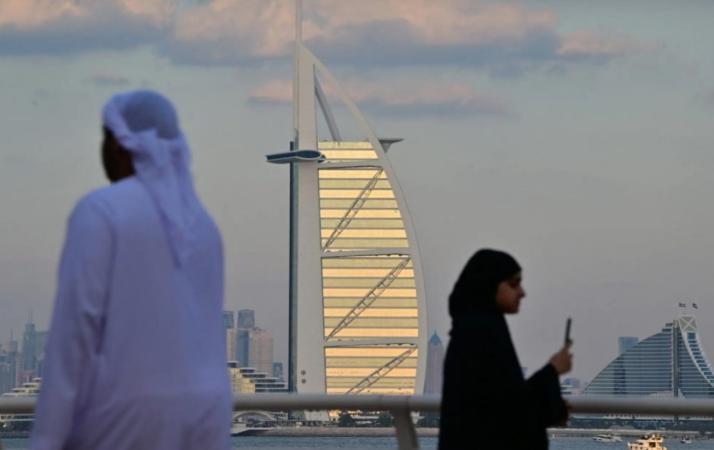Dubai and Abu Dhabi have long been seen as safe havens for investors during times of global unrest. But the recent surge in conflict across the Middle East is starting to test that reputation. While prices in some markets remain relatively steady, analysts say subtle shifts signal growing nervousness among global investors.
At the start of the latest regional crisis, Dubai’s stock market dipped slightly, only to rebound almost 3% higher than before the tensions began. This jump lifted it to its highest level since the 2008 financial crisis. That surge reflects both the continuing confidence of some investors and the impact of international funds rerouting their assets away from troubled areas to the Gulf financial centers.
Real estate in both cities is also seeing interesting activity. Dubai and Abu Dhabi have traditionally attracted foreign buyers with low taxes, modern infrastructure, and ease of doing business. These benefits remain strong, but rising uncertainty over the regional security outlook has caused some buyers to pause new investments or negotiate harder for better terms.
One key strength is the swift response of authorities. Regulators in Dubai and Abu Dhabi have declared that markets are stable and that financial institutions are well-prepared. These public assurances aim to calm jitters and reinforce the notion that the Emirates remain dependable places to park capital during a storm.
Still, analysts warn that repeated regional flareups could gradually erode investor trust. Long-term safety relies on continued political calm, diversified economies, and clear emergency plans. Both emirates are investing heavily to diversify—from oil and gas into tourism, technology, finance, and renewable energy—and those steps help their long-term case. But experts say that even with diversification, persistent regional conflict raises risks that can weigh on sentiment.
Foreign central banks and sovereign wealth funds also play a role. Some have quietly shifted small portions of their reserves into Gulf-based assets in recent weeks, drawn by relative stability. But many are holding back larger moves until the regional picture clarifies.
For local residents, the business environment remains strong. Stock markets, banks, and commercial real estate continue operating normally. Services are uninterrupted, and major projects are advancing. Both cities are working hard to maintain everyday confidence and reassure expatriates and global firms.
Tuukka because many financial experts emphasize that continuity and clarity matter. As long as government communications remain transparent—and crisis response protocols stay effective—Dubai and Abu Dhabi can keep their lead as go-to options for safety.
Looking ahead, their safe-haven appeal faces a test: can they prove their resilience repeatedly, without faltering, under new waves of uncertainty? If they succeed, their reputation could grow stronger, giving them an even more solid footing on the global stage. If not, investors may look elsewhere when seeking shelter from turmoil.

